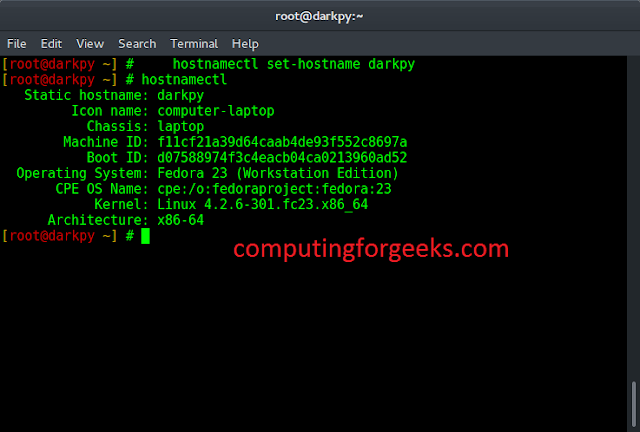We are given a number n, we need to find the maximum sum possible with the help of following function:
F(n) = max( (F(n/2) + F(n/3) + F(n/4) + F(n/5)), n). To calculate F(n, ) we may either have n as our result or we can further break n into four part as in given function definition. This can be done as much time as we can. Find the maximum possible sum you can get from a given N. Note : 1 can not be break further so F(1) = 1 as a base case.
Examples :
Input : n = 10
Output : MaxSum = 12
Explanation:
f(10) = f(10/2) + f(10/3) + f(10/4) + f(10/5)
= f(5) + f(3) + f(2) + f(2)
= 12
5, 3 and 2 cannot be further divided.
Input : n = 2
Output : MaxSum = 2
Approach : This problem can be solve with recursive approach but that will cost us a high complexity because of its overlapping sub problems. So we apply dynamic programming concept to solve this question in bottom up manner as:
C++
#include <bits/stdc++.h>
using namespace std;
int maxDP(int n)
{
int res[n + 1];
res[0] = 0;
res[1] = 1;
for (int i = 2; i <= n; i++)
res[i] = max(i, (res[i / 2]
+ res[i / 3]
+ res[i / 4]
+ res[i / 5]));
return res[n];
}
int main()
{
int n = 60;
cout << "MaxSum =" << maxDP(n);
return 0;
}
|
Java
import java.io.*;
class GFG {
static int maxDP(int n)
{
int res[] = new int[n + 1];
res[0] = 0;
res[1] = 1;
for (int i = 2; i <= n; i++)
res[i]
= Math.max(i, (res[i / 2]
+ res[i / 3]
+ res[i / 4]
+ res[i / 5]));
return res[n];
}
public static void main(String[] args)
{
int n = 60;
System.out.println("MaxSum = " + maxDP(n));
}
}
|
Python3
def maxDP (n):
res = list()
res.append(0)
res.append(1)
i = 2
while i<n + 1:
res.append(max(i, (res[int(i / 2)]
+ res[int(i / 3)] +
res[int(i / 4)]
+ res[int(i / 5)])))
i = i + 1
return res[n]
n = 60
print("MaxSum =", maxDP(n))
|
C#
using System;
class GFG {
static int maxDP(int n)
{
int[] res = new int[n + 1];
res[0] = 0;
res[1] = 1;
for (int i = 2; i <= n; i++)
res[i] = Math.Max(i, (res[i / 2]
+ res[i / 3]
+ res[i / 4]
+ res[i / 5]));
return res[n];
}
public static void Main()
{
int n = 60;
Console.WriteLine("MaxSum = " + maxDP(n));
}
}
|
PHP
<?php
function maxDP ($n)
{
$res[0] = 0;
$res[1] = 1;
for ($i = 2; $i <= $n; $i++)
$res[$i] = max($i, ($res[$i / 2] +
$res[$i / 3] +
$res[$i / 4] +
$res[$i / 5]));
return $res[$n];
}
$n = 60;
echo "MaxSum =", maxDP ($n);
?>
|
Javascript
<script>
function maxDP(n)
{
let res = [];
res[0] = 0;
res[1] = 1;
for (let i = 2; i <= n; i++){
res[i]
= Math.max(i, (res[(Math.floor(i / 2))]
+ res[(Math.floor(i / 3))]
+ res[(Math.floor(i / 4))]
+ res[(Math.floor(i / 5))]));
}
return res[n];
}
let n = 60;
document.write("MaxSum = " + maxDP(n));
</script>
|
Time Complexity: O(N)
Auxiliary Space: O(N)
Feeling lost in the world of random DSA topics, wasting time without progress? It’s time for a change! Join our DSA course, where we’ll guide you on an exciting journey to master DSA efficiently and on schedule.
Ready to dive in? Explore our Free Demo Content and join our DSA course, trusted by over 100,000 neveropen!




